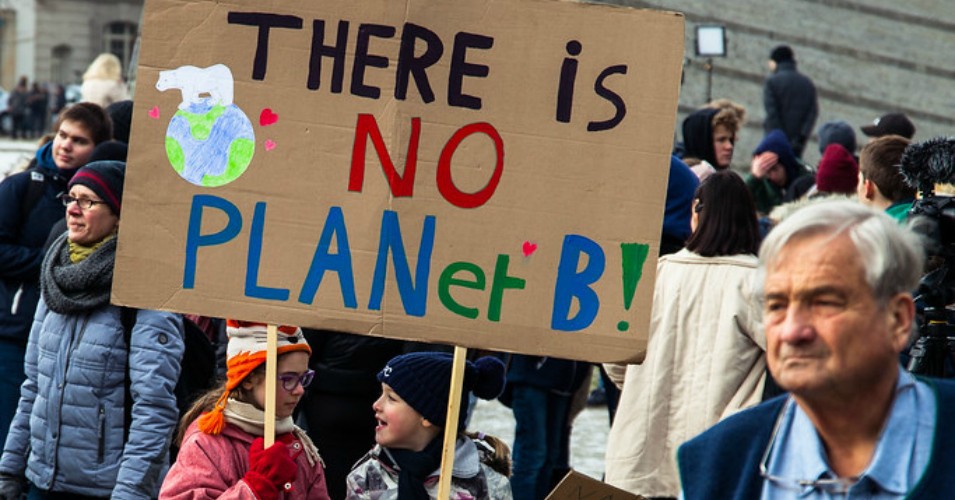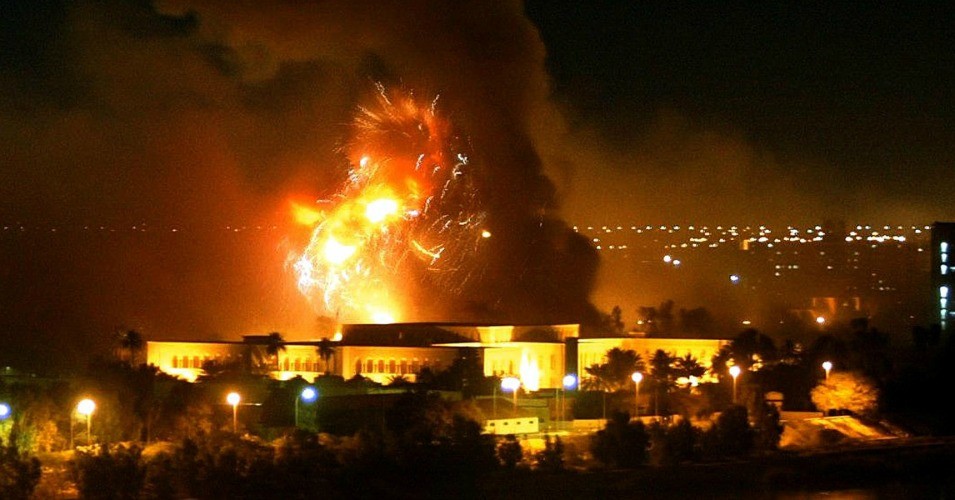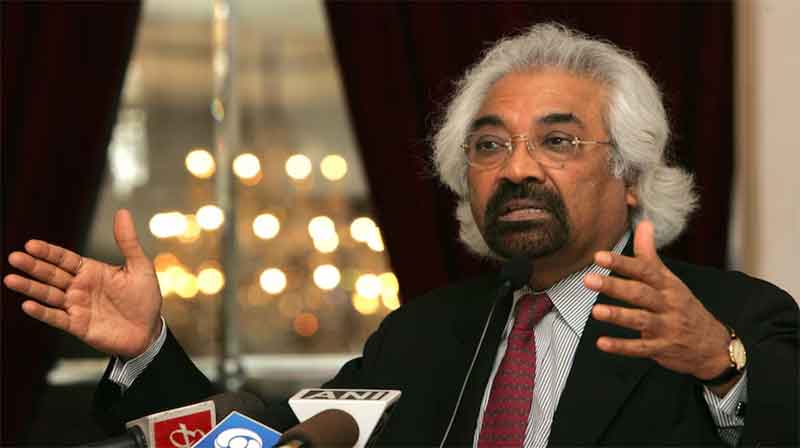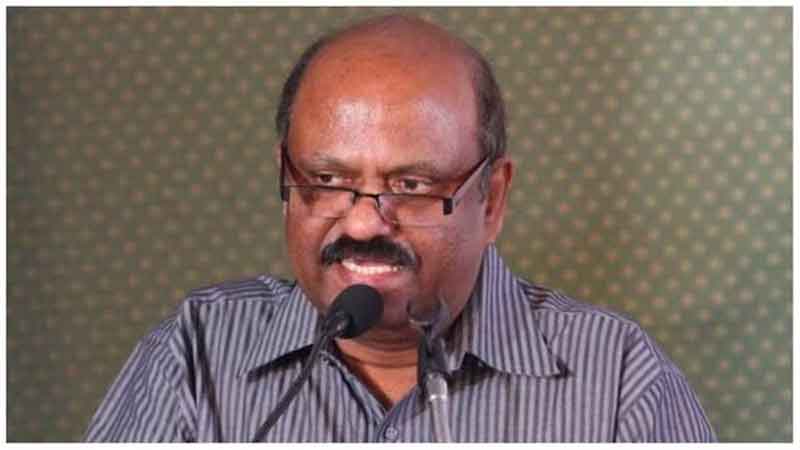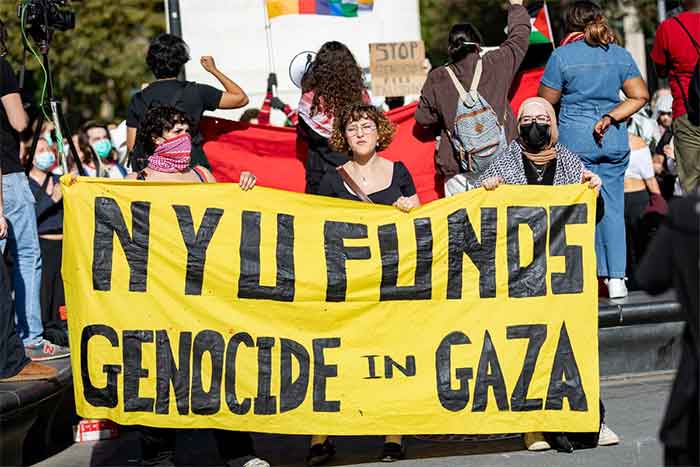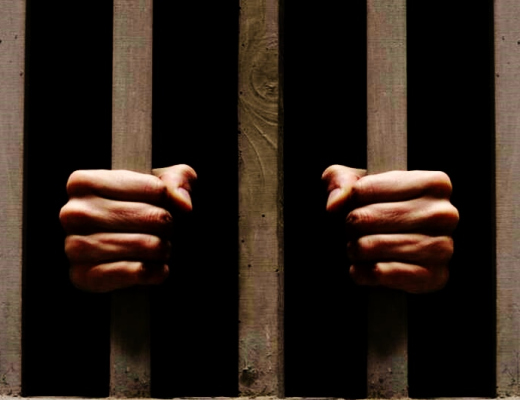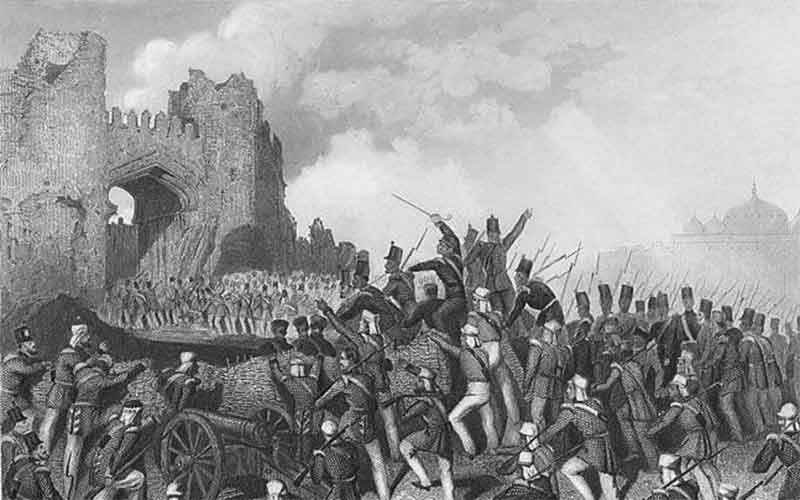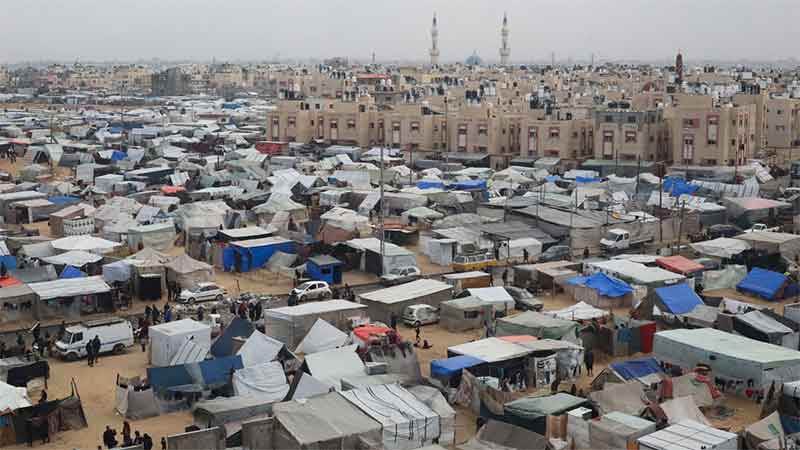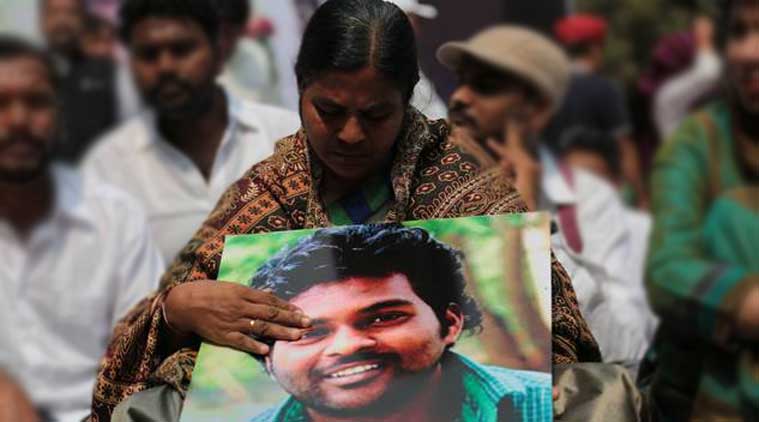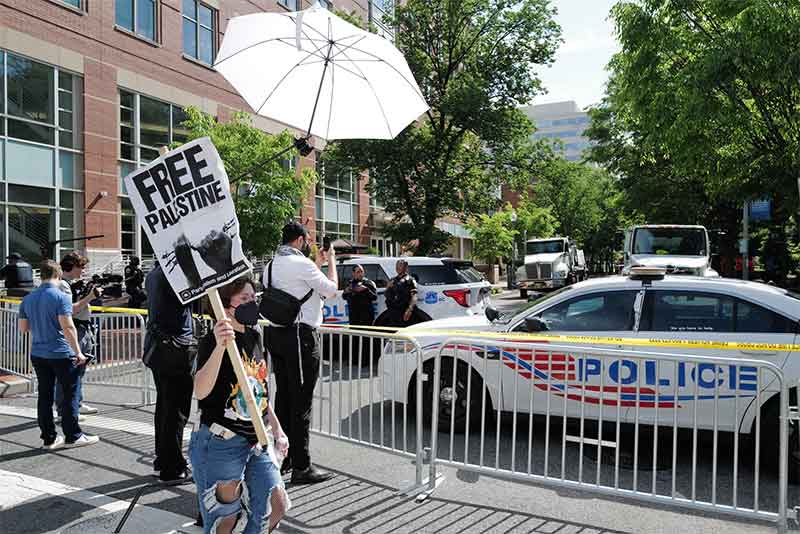
Why aren’t U.S. crimes, including war crimes, regarded as crimes? The answer is, because it’s unpatriotic. This bit of shorthand requires explanation. The posed question begins with the assumption that the United States commits crimes. Not everyone would agree with this. Whether or not actions are regarded as crimes is dependent on the perspective of the observer.
Best to ask the victims. They’re located overseas, in what is known as the international arena. That’s international crime, covered under international law. In the grim reality of our geopolitical world, the strongest gets to decide which laws apply to them. That would be us. The United States of America.
We are the supreme authority. So from Washington’s perspective, we cannot commit crimes. We don’t answer to anybody. Recall the first President Bush saying that he would never apologize for the United States, no matter what the facts were. That’s what he meant.
Authority is not something that must be avoided, but it should be earned or justified. Parents are authority figures. Nobody would object to a parent pulling a child away from a hot stove. That’s justified.
Albert Einstein wryly remarked that fate, in order to punish him for his lifelong contempt for authority, made him one. That’s earned.
Where authority becomes problematic is where it is neither earned nor justified, but instituted a priori by decree or force. This decree or force may not be unacceptable at the public level. We willingly give up some of our autonomy to those above us for the public good. That’s a type of contract.
Implied in this contract is that this land — of, by, and for the people — is given over to an artificial body, the state, that we have created to be above us, and that we have done this because this is our best representation. Left unchecked, however, this power to act in our names may lead to abuse.
Criminal behavior in a lawful environment can only be dealt with by a higher authority, and there is none that we cannot control, like the United Nations, or recognize, like the International Criminal Court. The leading democracy in the world, the United States, and the leading democracy in the Middle East, Israel, have not signed onto the Court.
As citizens, we’re supposed to identify ourselves with our government. If our government does it, it can’t be bad. If we see it any other way, we’re not being sufficiently patriotic. That’s why it’s unpatriotic to regard U.S. crimes as crimes, and that’s why so few people do it.
Below the national level, although not as supreme, is another authority over us. And we give it over freely. It’s the various police jurisdictions. We dress them in uniforms designed to intimidate us, give them specially fitted power-demonstrating vehicles, and provide them with instruments of capture and force including those capable of killing instantly, and we assure them that we have absolutely no power over them.
The nominal civilian control over the police shrinks away to nothing when it comes to oversight of misconduct. Where there is a question of criminal behavior, the default position is to handle it “in house”, where it can be safely contained. Normally this is not challenged. It’s good business to be on the side of the police.
But these are not normal times. This time a tipping point has been reached. It has not come because police overseers said that enough is enough. It’s come because police targets are saying it, with the Black Lives Matter movement front and center.
This has created pushback from a range of society stretching from fascists and white supremacists to provincial and nervous conservatives that have never feared police and know that the days of white majority rule are closing fast. What happens when a northern country turns dark? Civil strife?
Black Lives Matter is accused of being a Marxist front organization. Hard to say this with a straight face. It cannot be true because there are not enough Marxists in the United States to organize anything. The remarkable movement resonated in country after country around the world because enough people sensed that something is terribly wrong. And it goes further than race alone. It raised people’s class consciousness.
Blacks happen to occupy — from the legacy of legal slavery — a standout position in our lower class, accounting for over-representation as police victims and prison inhabitants, but police brutality is equally capable of being dealt out across color lines.
Look at the case of Daniel Shaver (December 29, 1989 — January 18, 2016). Go to the Wikipedia page detailing his shooting and read it through, from beginning to end. There is a link to body cam footage of his murder (5:02), but, be warned, it is difficult to watch. But watch it anyway. It’s not accurate to describe it as a “murder” because there was no conviction. There was no crime. So don’t believe what you see. You may conclude this was an example of a “bad apple”, but he was in the presence of five other apples.
The murder of George Floyd was a tipping point, and the conviction of Derek Chauvin a bit of consolidation. But one element in the conviction must not be overlooked. There was nothing internal to the police that played a part in it. George Floyd’s murder would have been yet another quiet murder tucked away in a long line of abuse if left to the police alone.
By that token, in regard to the incriminating testimony of officers in the case, if it wasn’t for a 17 year-old girl recording it on her cellphone, there would have been no officer testimony, no crime, no trial, no jury, no Black Lives Matter and no Marxists. “Authorized” force enjoys protection from above, the kind of protection Derek Chauvin would have been afforded in the absence of a 17 year-old girl.
So while the trial and conviction was certainly welcome, it was all due to the girl’s coincidental presence. There’s two quick lessons from this. From the police point of view, police alertness for bystander cellphone recording must continue. From the citizen point of view, the pressure for radical internal change in policing must continue.
James Rothenberg writes on U.S. social and foreign policy.
GET COUNTERCURRENTS DAILY NEWSLETTER STRAIGHT TO YOUR INBOX

